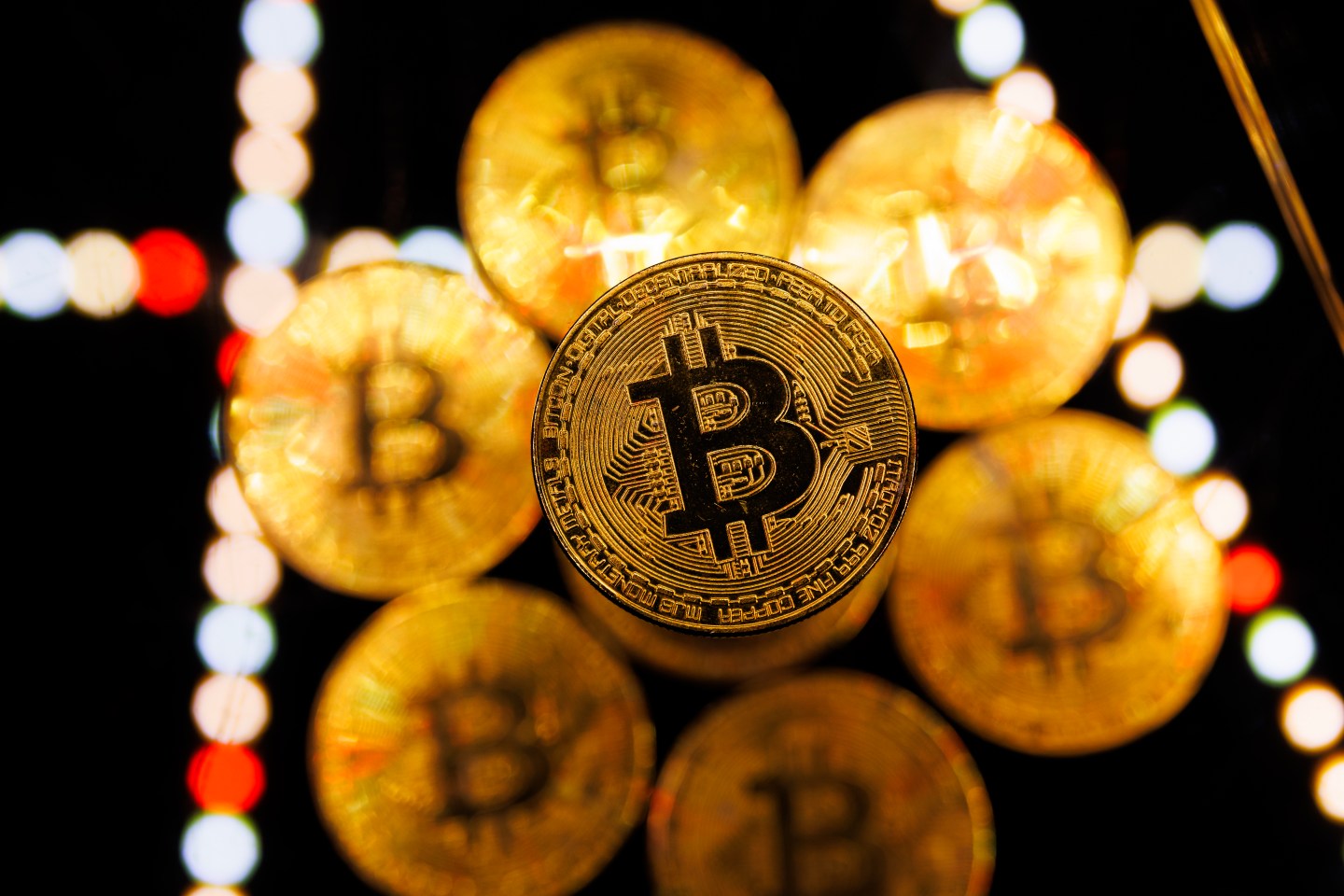South Korea’s government held an emergency meeting about regulating bitcoin on Wednesday—and traders paid close attention to the outcome.
The Asian nation is the third biggest market for buying and selling bitcoin, behind Japan and the U.S., according to data from cryptocurrency data site, CryptoCompare. But it’s not just bitcoin that has South Korea’s attention. The country is also the second largest market for bitcoin rivals Ethereum, Litecoin, and Ripple.
The value of bitcoin compared to the Korean won fell some 4% today. But it’s still up 1,860% from a year ago—hardly a sign that investors are jumping ship. Today, bitcoin’s price is $16,908 in South Korea—close to the $16,950 price in the U.S.
So let’s take a look at one of the most important markets for crypto.
Why has South Korea embraced cryptocurrencies?
Unlike in Zimbabwe, where the country’s currency shortage and poor economic conditions have led some to seek a place to store their valuables, South Korea’s economy is more stable and growing at its fastest pace in seven years during the third quarter.
So why did bitcoin’s price in South Korea soar as high as $22,400, while the cryptocurrency has yet to hit $19,000 in the U.S.?
One explanation for the difference: South Koreans are more accepting of new technology than their western peers.
“Many Koreans are curious about new technology, so they easily embrace things like bitcoin,” said Lee Tai-ki, a researcher at the Korea Institute of Finance to the Financial Times earlier this month. “The country has advanced IT networks so people have easy access to stock and derivatives trading. The same is true with virtual currency trading here.”
Interestingly enough, Ripple’s price shot up Wednesday to about 49 cents per unit as Japanese and South Korean banks began testing technology from Ripple in a bid to speed up international transfers.
So why add regulations?
South Korea’s government hasn’t been able to keep up with the rise in cryptocurrency prices. And so, officials put stronger regulations in place. In September, the government banned Initial Coin Offerings, a way for entrepreneurs to raise funds by selling cryptocurrency tokens. Then on Wednesday, South Korea said it would also start banning minors from opening accounts on exchanges.
“There are cases in which young Koreans including students are jumping in to make quick money and virtual currencies are used in illegal activities like drug dealing or multi-level marketing for frauds,” South Korea Prime Minister Lee Nak-yeon said, according to the CNBC.
Perhaps more notably, though, the country said that it would also consider levying capital gains tax on bitcoin profits. The move would counter one of the major reasons why investors South Korean’s are so excited about bitcoin: the lack of taxes.
Another thing to worry about for South Korea? North Korea.
Not only is South Korea within easy missile range of its neighbor, it’s also been at the heart of several attempted cryptocurrency hacks by North Korean agencies, according to FireEye. The security firm identified six different hacking incidents allegedly instigated by the North in the first eight or so months of this year.
“While bitcoin and cryptocurrency exchanges may seem like odd targets for nation-state actors interested in funding state coffers, some of the other illicit endeavors North Korea pursues further demonstrate interest in conducting financial crime on the regime’s behalf,” FireEye threat researcher Luke McNamara wrote in a September post.
Those alleged illicit acts may include paying for gold smuggling, counterfeiting, and operating restaurants.
Correction: An earlier version of this story mistakenly said that North Korea may use bitcoin for gold smuggling, counterfeiting, and operating restaurants, according to a FireEye researcher. In fact, FireEye said that North Korea is suspected to attempted theft of cryptocurrencies, but that the country’s other suspected financial crimes are unrelated to bitcoin.












